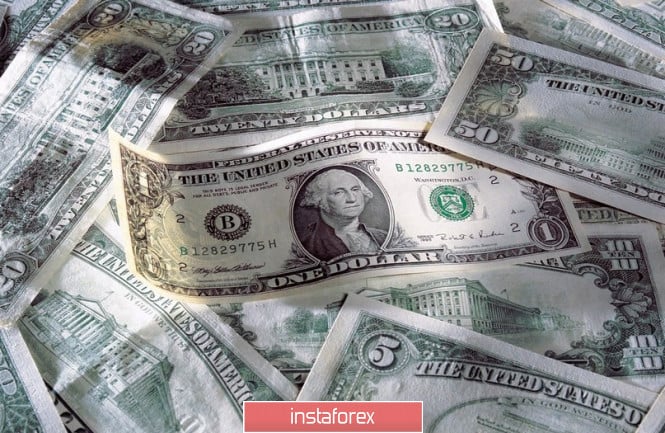
For the second time in the past two months, US Treasury Secretary Steven Mnuchin said the United States is not going to interfere with forex, but things could change in the future. BofA Merrill Lynch analysts believe that this can happen if the EUR/USD pair drops to the level of 1.05-1.07, while Citigroup analysts expect intervention near the 1.05 mark.
"The risk of one-sided US currency intervention will not go away so easily," said Keith J., Societe Generale currency strategist.
He estimates the probability of intervention at 25% and recommends that investors buy the Canadian dollar if this threat becomes real. According to the analyst, the Canadian currency is underestimated and has fewer shortcomings than most others amid the trade dispute between Washington and Beijing.
Standard Chartered Bank's Steven Englander believes traders should buy the euro to benefit from any intervention.
"If the United States wants to weaken the greenback, the only effective way to do this is to buy EUR and sell USD," he said.
"If the US is targeting currencies such as the offshore yuan and the euro, then long positions in these currencies should be profitable in the event of an intervention," said Scotiabank Shaun Osborne. At the same time, he warns that traders who want to play on foreign exchange intervention must be agile with tactical rates, since the initial shock from any move by the US can quickly disappear.
"Washington's unilateral intervention is unlikely to have a long-term effect on the markets," said Osborne.
Despite the fact that a lot has been said about the dangers of a strong dollar, which includes US President Donald Trump, the greenback continues to strengthen.
The USD index is still trading near annual highs. The main drivers of its growth are the high interest rates of the Fed, the difference in economic growth of the United States and other countries, as well as the belief that Washington will win the trade war with Beijing. According to recent research by Bloomberg Economics, the situation in China continues to deteriorate: business activity and exports are slowing, and stock indices are falling.
The United States and China continue to send conflicting signals to the market regarding trade negotiations. US Presidential National Security Advisor John Bolton said Washington and Beijing still have significant trade disagreements. At the same time, White House spokesman Marc Short was optimistic about the deal. Gao Feng, the official spokesman for the Chinese Ministry of Commerce, said the parties should create the conditions for progress in the negotiations, adding that his country is against the escalation of the trade war with the United States and seeks to calmly resolve the dispute. At the same time, he noted that he was hoping for the abolition of new US duties on Chinese goods and added that Beijing has large-scale retaliatory measures in its arsenal.
The fact that the yield on 10-year US government bonds is at the lows of July 2016 (around 1.5%), demonstrates that investors doubt the imminent end of the trade war.
The greenback is also supported by hawkish statements by FOMC members. In particular, Richmond Fed President Tom Barkin drew attention to signs of accelerating inflation and strong consumer spending in the United States, while San Francisco Federal Reserve Head Mary Daly said that a further cut in interest rates threatens the country's financial stability.
The EUR/USD pair continues to consolidate in the range of 1.1050-1.11150 in anticipation of US GDP data for the second quarter, which may reflect the impact of the Washington and Beijing trade war on the US economy.
The material has been provided by InstaForex Company - www.instaforex.com